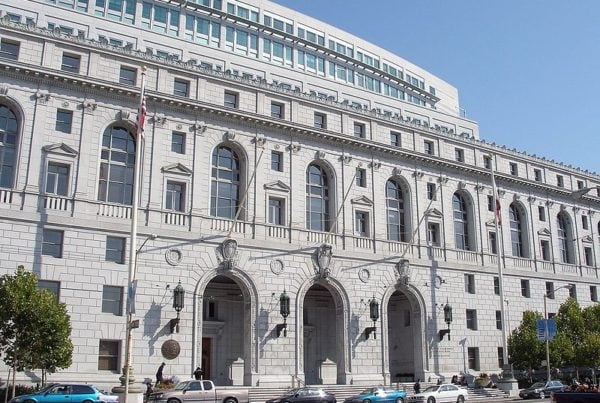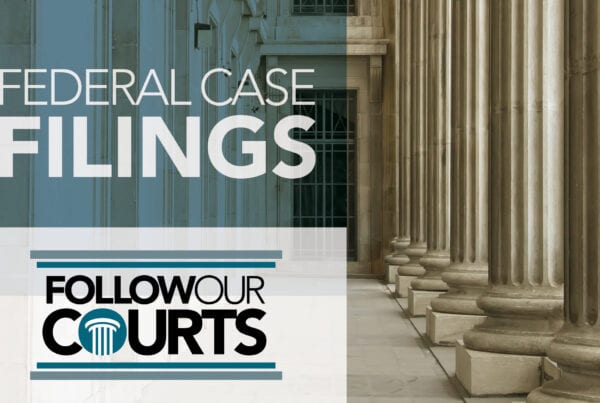Open source is a style of copyright licensing, often used for software, where the source code (essentially the instructions for building the software) is made available.
“While open source software packages may be used and distributed without requiring payments to the original author(s), using or distributing open source can sometimes trigger other obligations that may be worth considering.”
Dwayne Nelson
Open source software can be a major time-saver for individuals and organizations looking to deploy complex software systems without having to create each and every component from scratch.
By leveraging open source, programmers can carefully engineer the components that they care the most about, but then use existing open







